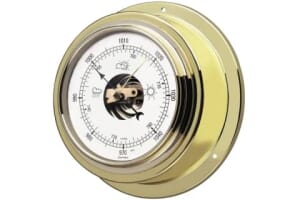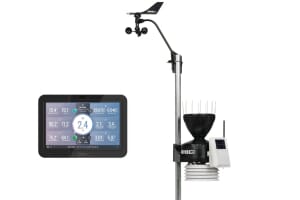Christmas is coming!

We all know the lyrics to the Xmas nursery rhyme:
Christmas is coming, the geese are getting fat, Please to put a penny in the old man's hat;
If you haven't got a penny, a ha'penny will do, If you haven't got a ha'penny then God bless you!
I wonder how often we stop to think about what they really mean though? The lyrics of this song were to associate the Christmas feast with geese which were traditional English Christmas fayre. In this case the meaning that was conveyed to a child (or anyone else come to that) was that the festive period was where each should give to charity, according to their means...even if they could only give a blessing! Fair words which still have meaning today I think.
A lot of nursery rhymes had an original meaning far beyond those which children would appreciate though. Quite a few were weather related. From 'Mother Goose' we have: An icicle lives in winter,dies in summer, and grows with its roots upward!
Also from Mother Goose we have 'Lengthening Days':As the days grow longer, the storms grow stronger - which has a rather dubious weather truth attached to it. One of the better known weather proverbs we have actually originated as a nursery rhyme: "March winds bring April showers bring May flowers bring June bugs bring July my foot' is one of the more well known of scores of traditional sayings relating to the weather forecasting. Of course the interest here for our rural ancestors was growing crops and raising livestock, the weather being a very important element in these activities, which led to our tradition of weather proverbs.
Other weather related nursery rhymes acted as cautionary tales for youngsters, such as this one from the 17th century, talking about the perils of thin ice;
Three children sliding on the ice, All on a summer's day,
As it fell out, they all fell in, The rest they ran away
Now, had these children been at home, Or sliding on dry ground,
Ten thousand pounds to one penny,They had not all been drowned.
Another, very old rhyme that kids love (and so truth be told do I !) which you still hear recited today every so often, is all about the seasons:
Spring is showery, flowery, bowery; Summer - hoppy, croppy, poppy; Autumn - wheezy, sneezy, freezy; Winter - slippy, drippy, nippy
Let's end with another winter ryhme though, and -as we sit in our warm centrally heated houses this winter -spare a thought for those who may not be so lucky in this festive period.
Cold and raw the north wind doth blow
Bleak in the morning early,
All the hills are covered with snow,
And winters now come fairly.





